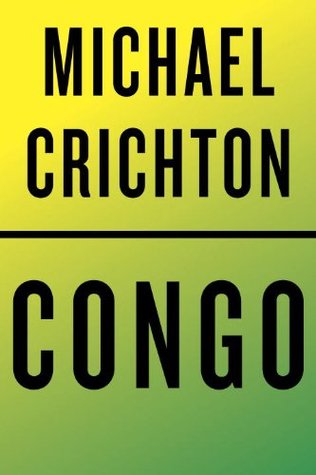More on this book
Community
Kindle Notes & Highlights
It’s hard to decide who’s truly brilliant; it’s easier to see who’s driven, which in the long run may be more important.
The view was boring, and simultaneously frightening—it was frightening to be confronted by what Stanley had called “the indifferent immensity of the natural world.”
As he walked through the forest, Elliot found himself thinking of it as an enormous hot, dark womb, a place where new species were nourished in unchanging conditions until they were ready to migrate out to the harsher and more variable temperate zones.
It was, he remembered, “very peculiar. There we were in the middle of the jungle, but we could only examine our environment indirectly, with the machines. We used goggles to see at night, and video to see during the day. We were using machines to see what we could not see otherwise, and we were totally dependent on them.”
One hundred years ago, in the last days of the great European explorers, nature had so radically diminished that it was a novelty: it is for this reason that African explorations captured the imagination of nineteenth-century man. To enter a truly natural world was exotic, beyond the experience of most mankind, who lived from birth to death in entirely man-made circumstances.
Today we are surrounded by man and his creations. Man is inescapable, everywhere on the globe, and nature is a fantasy, a dream of the past, long gone.
Elliot was dazzled by his own prospects.
(L. S. Verinski once said that if alien visitors watched Italians speaking they would conclude that Italian was basically a gestural sign language, with sounds added for emphasis only.)


